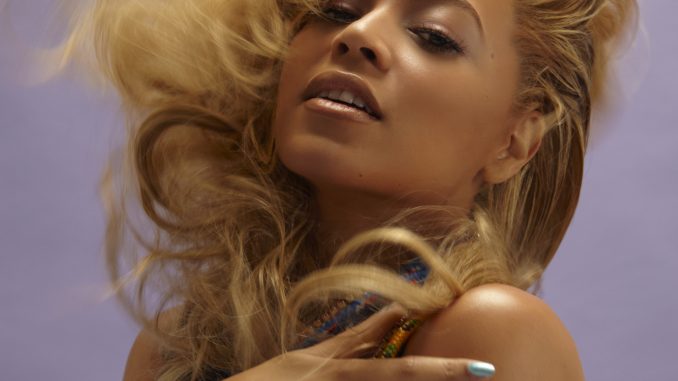
Many artists have that one iconic album that defines their careers. For Prince, that album was “Purple Rain.” For Marvin Gaye, it was “What’s Going On.” For Beyoncé, it’s “Lemonade,” which finds the R&B singer at her most expressive, her most nuanced and perhaps her most experimental.
The somber piano of “Pray You Catch Me” opens the album, as Beyoncé inhabits the role of a woman who just begins to realize her husband is cheating on her (the album as a whole seems to be confirmation of rumors of Jay Z’s infidelity).
The story develops over the course of 12 tracks, but it manages to avoid being a basic revenge story, with Beyoncé ultimately finding the strength to work through the infidelity. As a narrative, it’s both compellingly told by the lyrics and remarkably developed in its depiction of relationships in a way a lot of mainstream music isn’t.
Sonically, the album sees Beyoncé transcending style and genre. “Daddy Lessons” is a full-blown country song, and not in a way that feels surface-level. Beyoncé inhabits the track very naturally, almost as if the genre of the song was decided by its lyrics’ thematic importance. “Sandcastles” is a somewhat typical piano ballad that gets by on Beyoncé’s sentimental lyricism and remarkably expressive vocal performance. In fact, the only weak link on the entire album is “Sorry,” a song that failed to impress me almost entirely because it was too safe and generic in its production and lyricism (although “He better call Becky with the good hair” is going to be quoted until the heat death of the universe).
The third track, “Don’t Hurt Yourself,” stands out as the best, with Beyoncé’s sharp, ferocious delivery reminiscent of the great Tina Turner. Jack White provides guest vocals, and it’s striking how well Beyoncé’s voice works with vocalists that sound nothing like her.
This is further exemplified in “Forward,” a contemplative duet with English singer/electronic music producer James Blake; Beyoncé matches Blake’s tender and delicate vocals perfectly. The features in general are sparse. Aside from the two aforementioned guests, Kendrick Lamar lends a verse to the explosive track “Freedom,” while The Weeknd graces “Six Inch,” settling in its gloomy atmosphere.
“Lemonade” is the “To Pimp a Butterfly” (Kendrick Lamar) of 2016. It’s an unapologetically bold piece of self-reflection and catharsis, as well as a strong message of empowerment for its target audience. Beyoncé commits to her concept, and carries it through to a satisfying completion.
For the longest time, my relationship with Beyoncé was one of respect, but not of patronage. “Lemonade” has changed that.
